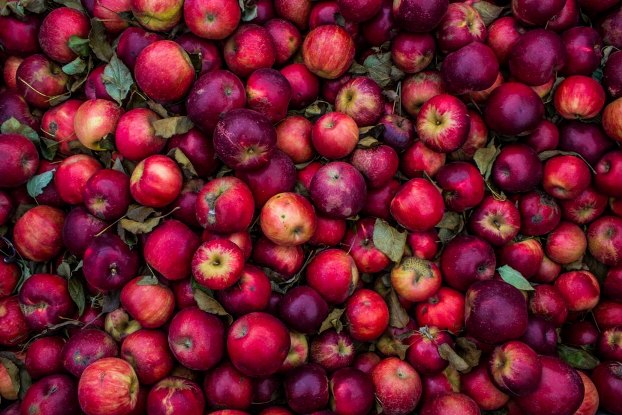The Fruit of the Spirit: Faithfulness
Saving faith puts us in Christ, but faith that is the fruit of the Spirit puts Christ in us.
Some Christians think that after conversion they must exercise a strenuous self-discipline so that the fruit of the Spirit can be seen in their lives. When they are persecuted, they tell themselves, “now I must show long-suffering. I must not lose my temper.” But all the time they are ready to explode. Self-discipline cannot produce spiritual things because it belongs to self. What we need is Christ discipline, or to become disciples of Christ. In John 15, Jesus says that if we let Him abide in us, we’ll produce much fruit. This fruit doesn’t apply to soul-saving or the results of our work for the Lord. This fruit is the fruit of the Spirit. When the presence of Jesus fills our lives, the faith of the Son of God will be seen in our characters.
Of all the fruit of the Spirit, faithfulness may be the most inconspicuous. The faithful one is usually taken for granted. In spite of that, however, faithfulness is one of the most necessary Christian virtues. The reliability of people shows in related attributes of loyalty, honesty, and integrity. Such a person is faithful in words, in deed, and in character. The servant of God must be faithful in the small and mundane, for those who are faithful in little will be faithful in much. God’s ideal of faithfulness is a work of the Spirit. The work of the Holy Spirit is to mold and develop Christ-like character. The believer cooperates in this by denying himself and allowing the Spirit to produce its own harvest—the fruit of the Spirit.
PR

Image: Sydney Rae
Category: Spirit, Winter 2018


